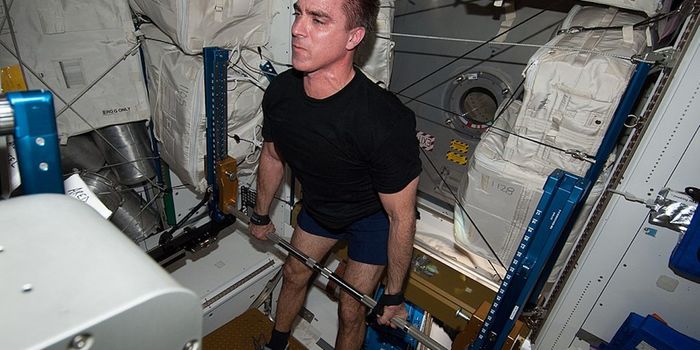Weight Training Effectively Combats Obesity
A new study published in Obesity Reviews has explored the effectiveness of resistance training in improving body composition and weight loss.
Many people mistakenly believe that aerobic exercises, like running, swimming, or cycling, are the key to weight loss. However, this systematic review found that resistance training (like weightlifting or some body weight exercises) can also provide significant benefits in weight loss when combined with caloric restriction. In the study, resistance training also provided benefits that aerobic exercise didn’t; resistance training appears to help build and retain muscle mass, and it also prevents the loss of muscle mass when calorie consumption is reduced.
These results are important because many people with obesity may be unable to complete aerobic exercises or find aerobic exercise uncomfortable. Excess body weight can cause increased stress on knees and other joints when performing exercises like running, jogging, and walking. Resistance exercise provides a safe and effective alternative.
About one in three Americans has obesity, and the percentage of Americans with obesity is growing over time. Obesity and overweight raise the risk of cardiovascular disease by increasing blood pressure, cholesterol, and insulin resistance. Additionally, obesity can increase the risk of some cancers and other health issues. While not perfect, body mass index (BMI) can be used to determine whether one has obesity. A BMI of 30 or above indicates obesity and an increased risk of many heart and health conditions.
While exercise is an important component of health and weight, weight loss cannot be achieved without reducing calorie intake. Both aerobic and resistance exercise only aid in weight loss in conjunction with a low-calorie diet. If aerobic exercise is not an option, this study has shown that resistance exercise (in conjunction with calorie reduction) is an excellent alternative with potential added benefits.
Sources: Obesity Reviews, Science Daily, Cleveland Clinic








